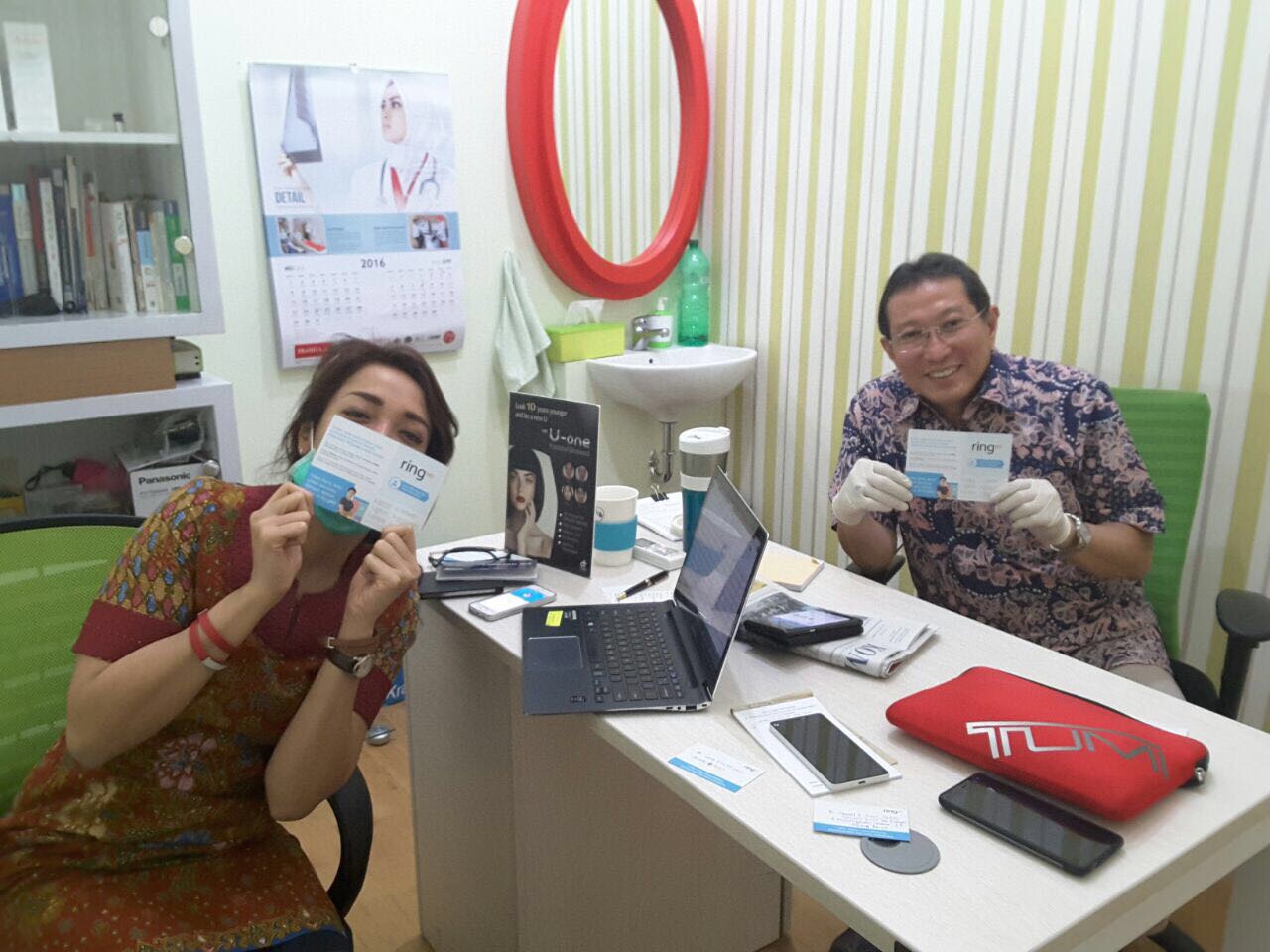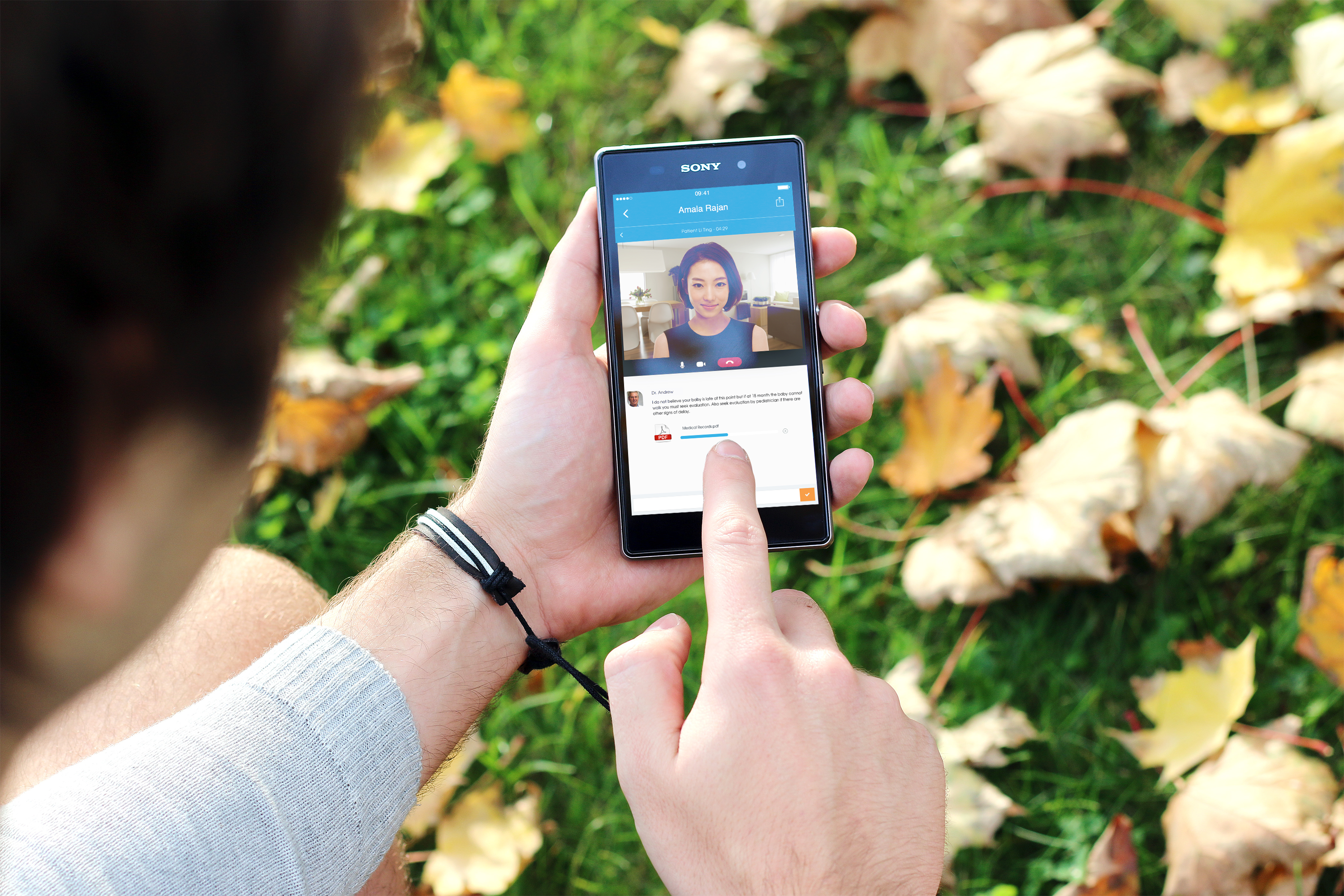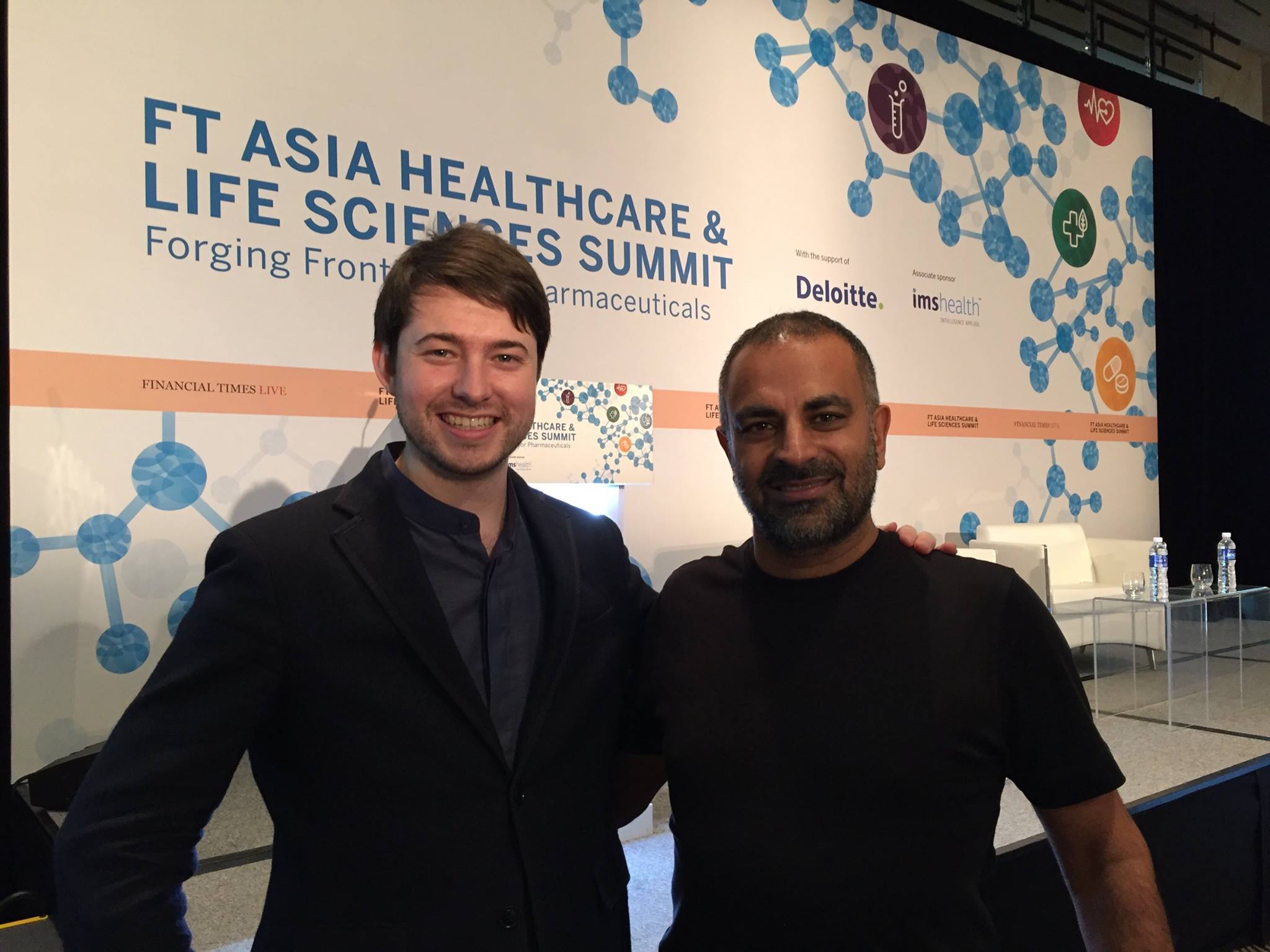
RingMD: Using data to provide affordable healthcare to more people in Asia
In this installment of our Data Culture Champions in Asia series, we speak to Justin Fulcher of RingMD on how he is driving patient care transformation in Asia with a simple idea to match doctors and patients around the world – regardless of location.
When Justin Fulcher was traveling across Southeast Asia three years ago, an unforgettable scene struck him. He saw a man drinking water from the ground in Jakarta, seemingly oblivious to the dangers that the possibly contaminated water may pose.
What was surprising was that the man had an Android smartphone on him. He also spoke relatively good English when he talked to Fulcher, who was fascinated by what he had seen.
It gave Fulcher an idea. What if he could start a company that connected doctors with patients who own smartphones, so they could receive proper medical advice on their mobile devices?
Today, that idea has been realized in RingMD, a health tech start-up that connects patients and doctors around the world, 24/7. Users sign up to the platform in order to facilitate consultations via video link. Conditions which do not require a physical examination can then be remotely diagnosed and treated.
Patients can also wear a device on their wrist which transmits their pulse, blood pressure and other vital signs to their doctor in real time. Doctors can use this data to help patients make more informed decisions about their health.
The site earns a fee from doctors who wish to charge for their services. Data collected – held confidentially – provides insights on attitudes towards healthcare and the illnesses that may be ailing large populations.
Fulcher, who is CEO of the company, has convinced partners in the healthcare industry – governments, hospitals and other players such as insurance and pharmaceutical companies – to adopt more data-driven thinking in the delivery of healthcare.
He notes: “Being in the health space is especially challenging because a lot of these organizations have never used data to make decisions before. It has always been ‘what feels right’, which has a lot of merit to it, but at the same time if you can back up with what feels right with what is actually right, according to the data, you can make some incredibly huge transformations.”
Transforming healthcare, one provider at a time

RingMD today manages patient records of 1.5 million people in more than 50 countries globally, while working with 10,000 healthcare providers. It is looking at a ten-fold growth this year. By the end of 2016, it expects to work with 100,000 healthcare providers, providing care for 15 million patients. In India, it is partnering with the government under the Digital India program to provide access to more than 883 million Indian citizens through the RingMD platform.
To Fulcher, the future of healthcare will be completely data-centric. He views steps taken to add structure to, and make sense of, raw data generated today, as a key element in lowering the cost of affordable healthcare tomorrow. This will be achieved through the use of technology, taking advantage of widespread accessibility of mobile devices and empowering doctors and other healthcare professionals.
Data Culture in their DNA

For this, RingMD worked with Microsoft to deploy its services on Azure. Every interaction is digitized and stored securely on servers online. The raw data allows the company to build algorithms that help doctors and hospital administrators make decisions based on real insight. More importantly, the scalability and flexibility of the platform enabled Fulcher and his team to manage their needs more effectively to be aligned to their business goals.
If RingMD wanted to convince healthcare partners to rely on data to run their businesses, the company itself has had to prove – using data – that it was bringing tangible benefits through its platforms.
Fulcher said: “We define a successful partnership (with a hospital) by looking at the hospital’s KPIs. Are we saving them money? Are we helping their patients achieve a better quality of care? Are we helping drive business to these hospitals?
“Because we’re tracking everything on the platform, we’re able to chart it and show week over week what changes result in a positive outcome for a customer. And that’s a great feeling. So, we make all this data, of course with patient privacy, top of mind, internally available to the company.”
To help build a data culture among its customers, RingMD ensures that it is part of the company’s DNA. It works with four principles, according to Fulcher:
- Driving a data culture from top down: Transformation has to come from the core management and be so ingrained in the culture that it’s something that organically filters down to everyone in the organization;
- Break down the data silos: A transparent culture at RingMD means staff get access to the necessary data they are cleared to access whether they are Web developers or business developers;
- Trust as the core of data: While RingMD harnesses millions of patient records on a daily basis, the company understands that data privacy is critical to building trusted relationships with healthcare providers and ultimately, patients. In its infrastructure and software, it has worked with the best partners in the field to ensure confidential patient data is protected; and
- Training leads to data-savvy staff: RingMD invests heavily in training new staff to embrace a data culture as well as having the necessary data skills to succeed in their work.
The Data Journey and the Future of Healthcare
RingMD’s strong data culture has enabled the company to grow extremely quickly. Today, it is looking to further enhance data analysis by hiring more data scientists to ask the right questions and get new answers.
Fulcher expects wearables to be able to provide more real-time data to doctors. At the same time, artificial intelligence and new algorithms can help scale the healthcare process.
To him, the most important thing is to have a sense of urgency in embarking on a data journey.
“Start today – because the longer you wait, the more difficult it is to change. It’s also something that takes time to ingrain,” he noted. “Focus on data and focus on doing things differently, with the use of technology in an organization’s culture. So the biggest advice is to start today, make this a central part of your culture as quickly as possible.”

In our Data Culture Champions in Asia series, we profile senior executives across the region who have driven a new data culture within their organization by adopting new processes, technologies as well as enabling their people with skill sets. These individuals cut across key industries and organization sizes, but what makes them stand out above the rest is how they are embracing change. Read more stories of our Data Culture Champions in Asia here.













